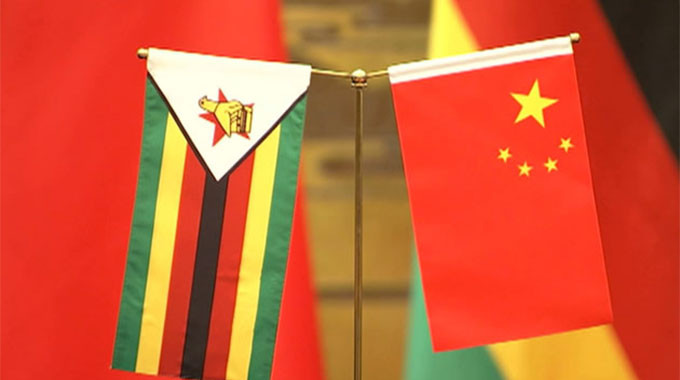
The surge of Chinese investment in Zimbabwe, particularly in mining and infrastructure, presents immense opportunities for economic growth while also carrying significant potential for community conflict.
Behind the narrative of conflict lies a powerful yet often overlooked resource at the heart of Zimbabwean society: the traditional governance systems—chiefs, headmen, and village elders.
These grassroots institutions, deeply rooted in local culture and history, are not relics of the past but vital agents for resolving disputes and fostering lasting partnerships. Ignoring them means neglecting the very foundation of community resilience and communication.
Traditional leaders in Zimbabwe are far more than ceremonial figures. They are guardians of communal land, custodians of customary law, and stewards of social cohesion.
They command respect, understand the intricate web of local relationships, and possess an unparalleled ability to convene, mediate, and legitimize decisions within their communities.
In rural Zimbabwe, land tenure and dispute resolution often operate under customary law, with chiefs serving as its primary enforcers. Including these "gatekeepers of the land" from the outset is critical to enhancing cooperation.
Excluding them creates fertile ground for misunderstanding and resentment.
Their involvement legitimizes processes, as they can explain community land-use patterns, identify sacred sites, and facilitate negotiations for fair compensation or relocation aligned with customary practices.
- Mavhunga puts DeMbare into Chibuku quarterfinals
- The brains behind Matavire’s immortalisation
- Bulls to charge into Zimbabwe gold stocks
- Ndiraya concerned as goals dry up
Keep Reading
A chief’s endorsement provides a "social license to operate" that government permits alone cannot.
Traditional courts, presided over by chiefs and headmen, are the first port of call for resolving community disputes.
Their judgments, rooted in restorative justice and communal harmony, often carry more weight than formal legal rulings.
For example, if a company’s operations cause minor pollution affecting a local water source, a traditional leader can initiate dialogue rather than letting tensions escalate into protests.
They mediate between affected villagers and company representatives, ensuring grievances are heard respectfully and fostering mutually agreeable solutions, such as funding alternative water sources or immediate clean-up efforts.
Chiefs also leverage their moral authority to ensure community adherence to agreements.
Effective communication remains a major challenge in investor-community relations. Language barriers, cultural differences, and divergent expectations frequently lead to misinterpretations.
Traditional leaders act as invaluable cultural intermediaries.
For instance, if an investor proposes building a school as part of corporate social responsibility, a headman can articulate the community’s more pressing needs—such as clinics, clean water boreholes, or vocational training centres—and explain local protocols for engagement, including public meetings and respect for elders.
They also clarify operational realities faced by investors, helping manage realistic expectations.
To truly cement cooperation, both sides must understand and respect each other's priorities.
A structured approach harnessing traditional governance is essential:
- Early and continuous engagement: Involve traditional leaders before major project planning begins. This includes formal visits, cultural exchanges, and open dialogues to introduce intentions and address concerns.
- Formalising roles: Develop clear protocols and memoranda of understanding (MoUs) outlining the roles of chiefs and headmen in project monitoring, dispute resolution, and community development committees. This elevates their status as official partners.
- Capacity building: Provide training for traditional leaders on negotiation skills, environmental impact assessments, and corporate social responsibility frameworks to empower effective engagement.
- Joint community development funds: Establish transparent, co-managed funds where a portion of project profits is directly invested. Traditional leaders, alongside community representatives and company liaisons, should oversee allocations based on community priorities.
- Culturally sensitive communication: Hire community liaison officers familiar with both Chinese corporate culture and local customs. Utilise traditional gatherings (e.g.,imbizo/dare) to disseminate information and gather feedback.
By strategically integrating traditional governance structures—chiefs and headmen—into engagement frameworks, Chinese investors and Zimbabwean communities can achieve mutual benefits.
These institutions offer culturally resonant, efficient, and sustainable pathways to resolve disputes, foster understanding, and solidify cooperation.
Through local lenses, true partnerships can flourish, transforming investment goals into shared prosperity while honouring the wisdom of tradition.
David Makora is a Harare-based political analyst and international affairs commentator. This article is part of a series reflecting upon Zimbabwe’s modernisation process.











